In 2009, the aftermath of the violence between freedom fighters and the Sri Lankan government, people's human rights are greatly violated by armed groups including sexual abuse, physical torture, disappearance, military control over civilians’ movements in the post war zones. As a result, victims of human rights violations, particularly women suffer without being treated equally and required public services as well as justice from judicial and public institutions.
Because of the ever presence of armed forces, governmental intimidation, threats of armed groups and political influence that were prevalent in our operations regions, even they were unable to submit a police complaint. On the other side, there has been an upsurge in instances of human rights breaches and gender-based violence. The death of a loved one, poverty, lack of justice, and uneven access to resources left the women victims in a highly precarious position and devastated.
Several women returned to hospitals and mental health units with physical injuries and a desperate need for treatment. In addition, they came to service delivery without basic facilaities. As a result, they had no idea where to go or how to seek treatment for their difficulties and requirements through the institutional framework. This vulnerability of women and the poorest people provided a chance for certain public service providers to solicit bribes from victims, ignore their service, and abuse their commitments.
We concluded from the aforementioned circumstances that neither society nor the governmental sectors has enough procedures in place to avoid or effectively address the aforementioned problems. As a result, the status of the war has contributed to an environment in war affected communities increased inequality and the vulnerability of women and others who have been touched by the war. It also had an impact on the basic rights and dignity of women. Yet, there were no rights-based civil society organizations to address these problems and victims' rights abuses when they arose.
In order to assist weak and disadvantaged women in exercising their fundamental rights and addressing their needs for sustainable development, a group of social activists established the Eastern Social Development Foundation in 2010 as a rights and women-based Civil Society organization.
In the aftermath of the war in Eastern Province, the Eastern Social Development Foundation has been assisting individuals in need who are vulnerable women and minority communities across the nation who have experienced gender-based violence and other types of community violence. We have been putting a lot of effort towards upholding human rights, advancing gender equality, good governance, peace, and reconciliation, as well as supporting community development in the Eastern Province's war-affected areas.
The ESDF is governed by a Board of Directors which consists of 7 members, six women and a man. The Board of Directors are the main decision-making body regarding the organisational policies, finance, programs, administration, human resources and legal affairs. In addition to that, the Board of Directors meet in every quarter to discuss about the organizational matters including to monitor the progress and challenges, project planning, provide technical support to the management team and make key decisions on particular subjects. Furthermore, conduct an annual general meeting (AGM) to see the overall view of the organisation including achievements, lessons learned, challenges and develop new strategies for the programs and seeking partnership opportunities to the upcoming years.
The programme committee is consisted with 3 board members including a Financial Director, Executive Director and one of the Board of Directors whose duty is to cross check all finance management, internal control systems, progress of the projects’ activities along with monitoring the quality of the project activities and documentation. In addition, the programme committee supports and facilitates the organisational management and programme teams to make sure everything runs according to the organisational procedures and project plans.
Furthermore, the Executive Director is the key focal person at the organisational management level, implementing the decisions of the Board of Directors and holding responsibilities to implement all activities of the organisation including planning, approvals, implementation, monitoring and reporting. The ESDF administrative system is divided into 4 divisions such as finance & procurement, administration & logistic, MEL & documentation and programme to manage all matters smoothly and in a systematic manner. In addition to that, assigned line managers to each unit to plan, implement, monitor and reporting with managing unit’s regular activities and support to unit staff including field implementation and report their activities.
Eastern Social Development Foundation is registered under the Companies Act No. 07 of 2007 of the Democratic Socialist Republic of Sri Lanka as a Company Limited by Guarantee and the registration number is GA2922.
| Name of the Board of Director | Designiton | Background |
|---|---|---|
| Ms. Jareena Rafeek | Chairwoman | She is a social activist who has been involved in community service since 1997. |
| Ms. Kandasamy Sujah | Secretary | She is a lawyer by profession and company secretary. She practices as a freelance lawyer in Valaichchenai's District and Magistrate Courts for many years. |
| Ms. S A Nazeera | Financial Director | She was previously the Deputy Director of Education. She served at the Provincial Department of Education and was a Commissioner of Cooperative Development Authority, the Eastern Province. |
| Ms. Renukarani Sinnathurai | Board Director | She is a gender expert and researcher. She has been an independent consultant in the development sector. Previously, she worked as a gender expert for the Canadian International Development Agency, USAID, and Care International. |
| Mr. Mohamed Buhary | Board Director | He is a human rights activist and a law student. Since 2009, he has been working to defend human rights and promote gender equality and rule of law in the post-war Sri Lanka. |
| Ms. Rifna Razick | Board Director | She is a lawyer by profession. She works as a Legal Officer in the Valaichchenai's District and Magistrate Courts for the Legal Aid Commission of Sri Lanka. |
| Ms. Souminy Ravichandran | Board Director | She is a women's rights activist who has worked in the non-governmental sector since 2005. She specialises on women's empowerment and gender equality. She is currently running an entrepreneurship with intention of empowering women in economic stream. |
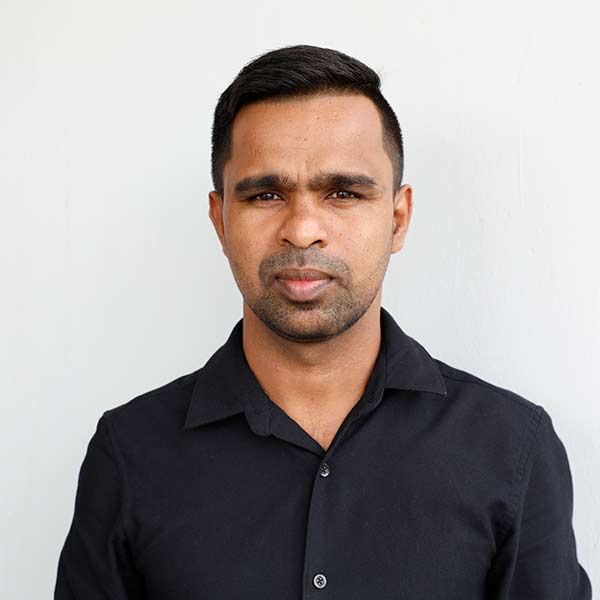
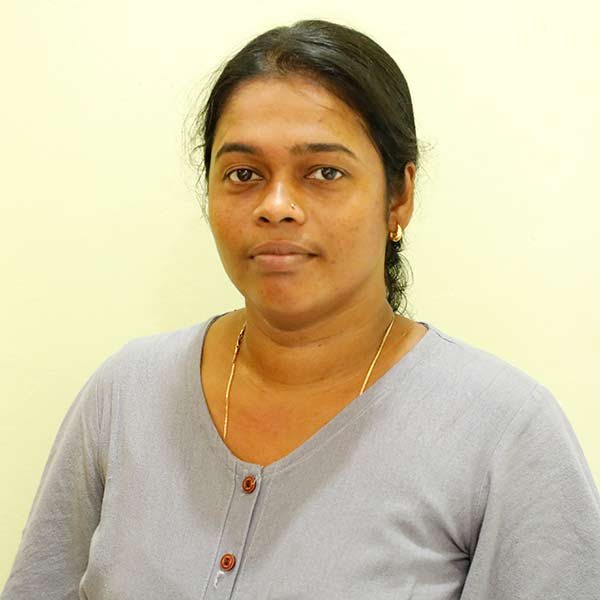
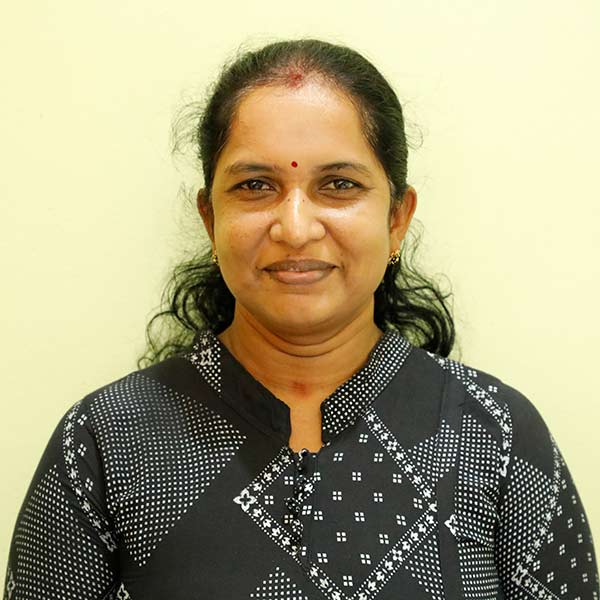

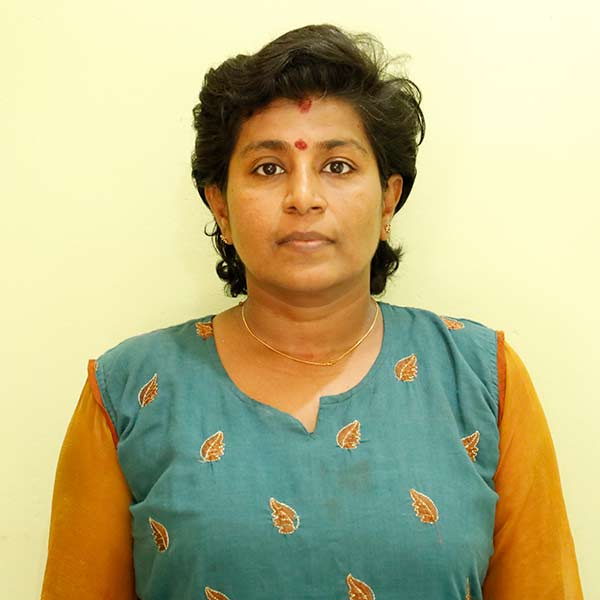
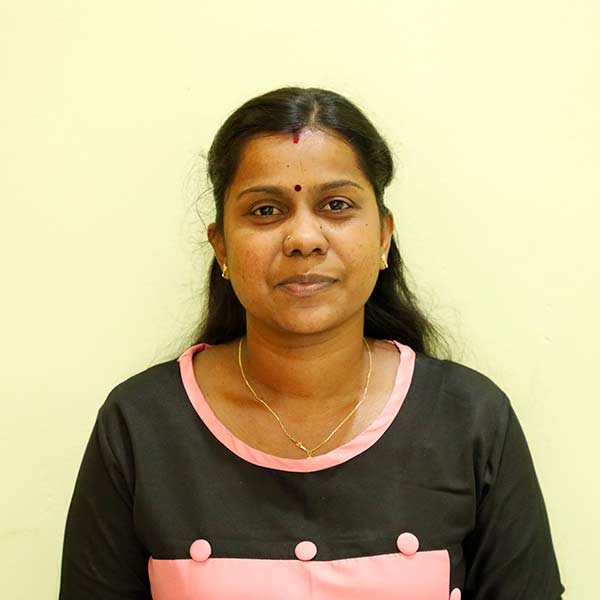
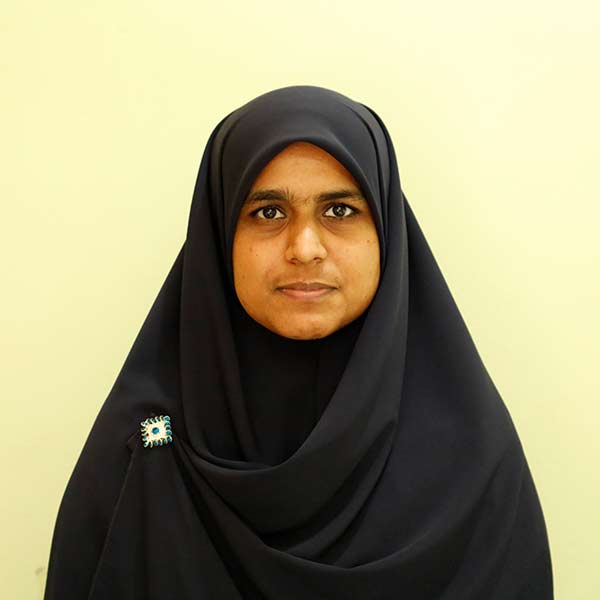
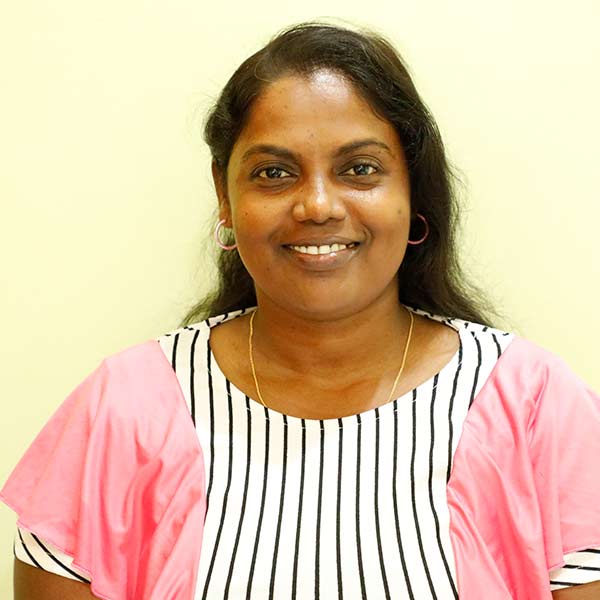
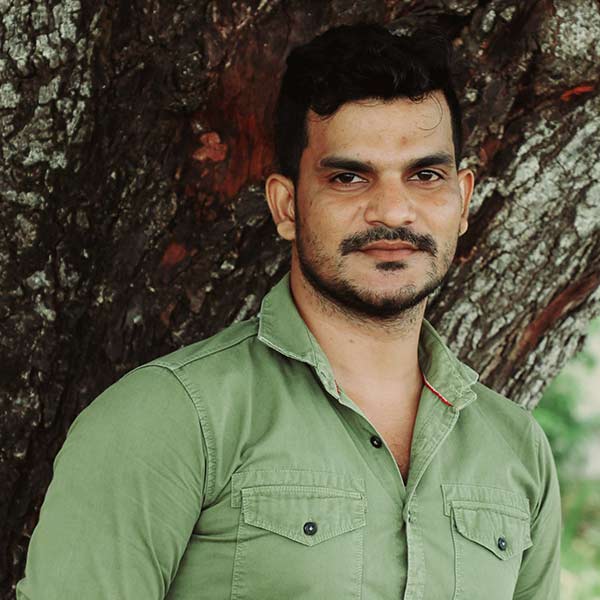
Creating a society that values an equitable and dignified future for all.
Being a leading rights-based women's organisation in ensuring an equitable and dignified existence for vulnerable women and minority populations in post-war Sri Lanka by advancing human rights, gender equality, good governance, economic growth, and sustainable peace.
Mobilise individuals from various locations who have the same type of background, experience, and issues and connect them through a common platform with the intention of providing a common space for them to collectively address and advocate for their issues and needs by using collective power to find tangible solutions with exchanging knowledge and information within their group to be well informed and become self-aware individuals.
Once they have networked, empowerment and capacity development trainings will be provided based on their capacity development needs, and they will become knowledgeable and empowered persons / groups to identify, comprehend, and analyse their challenges and needs as rights-holders.
When they are sensitised, they will gather and discuss issues and solutions. Based on the network's strategy, they will develop policy papers with the assistance of technical experts and develop advocacy strategies. Based on their developed advocacy plans, they will initiate advocacy action with duty bearers and policymakers at the domestic and international levels with integrating and utilising national and international human rights mechanisms.
Establish networks, make collaboration with civil society' movements, public institutions and authorities to collectively advocate and work on their issues to find out solutions according to the recommendations provided in the policy papers. On the other side, through a coordination channel, both networks and institutions collaborate on creating and conducting development activities.
By networking, capacity building, policy reform, and structural change actions, we provide solutions and bring about social change with the participation and contribution of the target groups.














